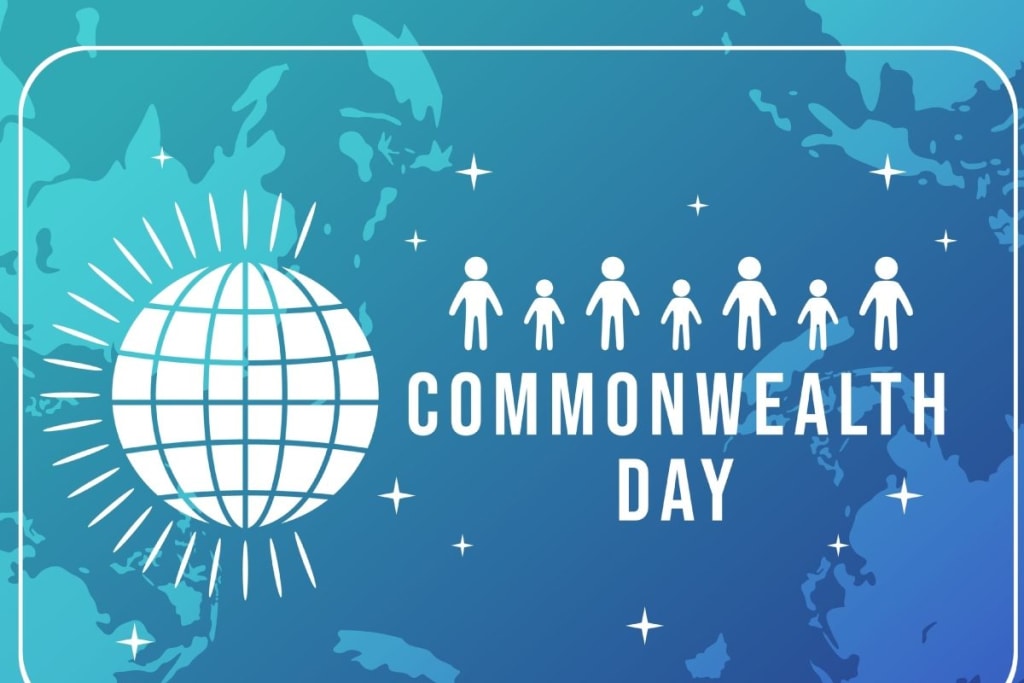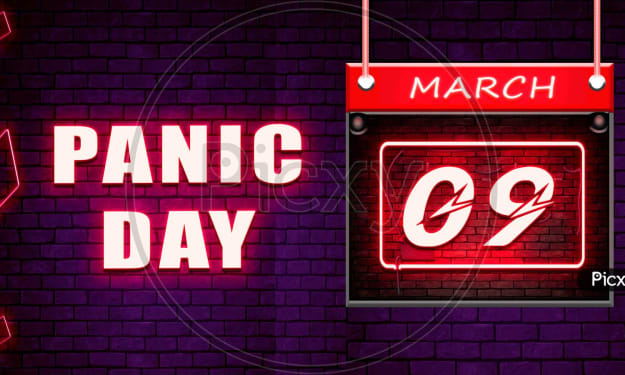
United by common values and a dedication to democracy, justice, and prosperity for everyone, the Commonwealth is a lively and diverse family of states located all over the world.
There are celebrations on Commonwealth Day in 56 countries worldwide on the second Monday of March each year. Although May 24th was Queen Victoria's birthday and was celebrated on that day since 1904, this date was not officially designated as Commonwealth Day until 1977. At that time, one of the organization's member states suggested that all member states celebrate this day simultaneously, under the direction of the head of the Commonwealth of Nations, the current British ruler.
What is the Commonwealth?
This organization, officially known as the Commonwealth of Nations, is primarily a political alliance made up of 56 member states from all over the world who are connected by a shared past as part of the old British Empire. The reigning sovereign of the United Kingdom is currently in charge of the Commonwealth, but member states elect their leader instead of a British king or queen. The organization's main office is in London, United Kingdom. Fifteen of its member states (often referred to as the Commonwealth kingdoms) are ruled by the British monarch, but the remaining five are republics with separate monarchs in charge.
These days, any nation can become a member of the Commonwealth because it is a voluntary organization and none of its members are obligated to or dependent upon one another. These countries are united by the Commonwealth Charter (signed in 2012), as well as by their common objectives and values of peace, human rights, sustainability, democracy, and prosperity.
What is the Commonwealth's history?
The Balfour Declaration, which was signed by the leaders of the British Empire in 1926 at the Imperial Conference, granted the United Kingdom and its Dominions equal status while maintaining their status as the British Crown's allies. The British Commonwealth of Nations was the name given to the ensuing alliance. Subsequently, in 1931, the Statute of Westminster was passed, formalizing and establishing the foundation for the Commonwealth realms' relationship with the Crown. This increased the nations' sovereignty and rights while restricting British influence over their former borders. Originally, the Irish Free State, Newfoundland (now a province of Canada), New Zealand, South Africa, Australia, Canada, and the United Kingdom were all impacted by the Statute.
With the release of the London Declaration in April 1949, the association underwent its last alteration. One of the last colonies of the British Empire to achieve independence from the Crown was India, to which the Commonwealth Prime Ministers' Conference limited their declaration to that country. India's status as a sovereign republic that is still a member of the Commonwealth was reaffirmed in the Declaration. Since there have been no updates since the Declaration, it has been recognized as the start of the modern Commonwealth.
How to observe Commonwealth Day
While not all member states go all out for the celebration of Commonwealth Day, everyone is entitled to observe the holiday however they see fit. The Commonwealth Secretary-General and High Commissioners are present during an Anglican ceremony held in Westminster Abbey alongside the British monarch. Additionally, the monarch gives a broadcast speech to the Commonwealth nations. Though not officially recognized as a public holiday, Commonwealth Day typically kicks off a week full of cultural events, including parades, performances, and other activities centered around a carefully selected theme (which varies annually) that aligns with the objectives outlined in the Commonwealth Charter.
On Commonwealth Day, the Queen of England, the Commonwealth's symbolic leader, frequently gives a speech emphasizing the value of collaboration and cooperation among member countries. The day serves as a reminder of the Commonwealth's solidarity and combined strength in tackling global issues and advancing development, democracy, and peace.
About the Creator
SUGANYA R
I am worker, i live ordinary life, i love to sing and i love go out different places, i having hobby to capture of good photos, love to eat.





Comments (1)
This was so fascinating! I never knew a lot of things that you've mentioned here!